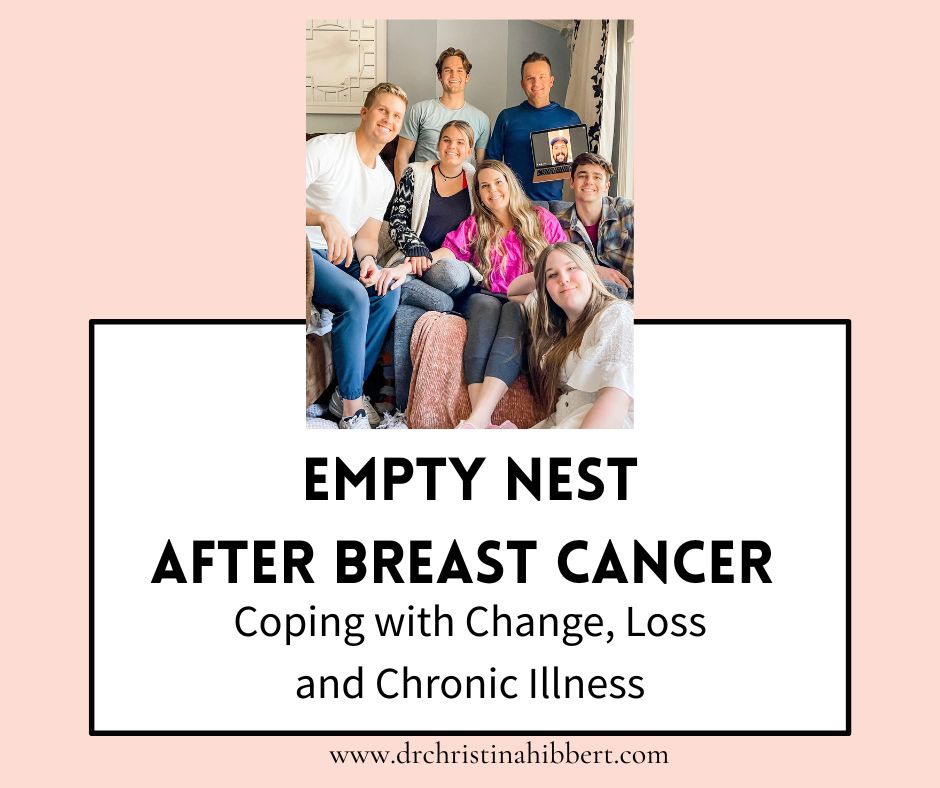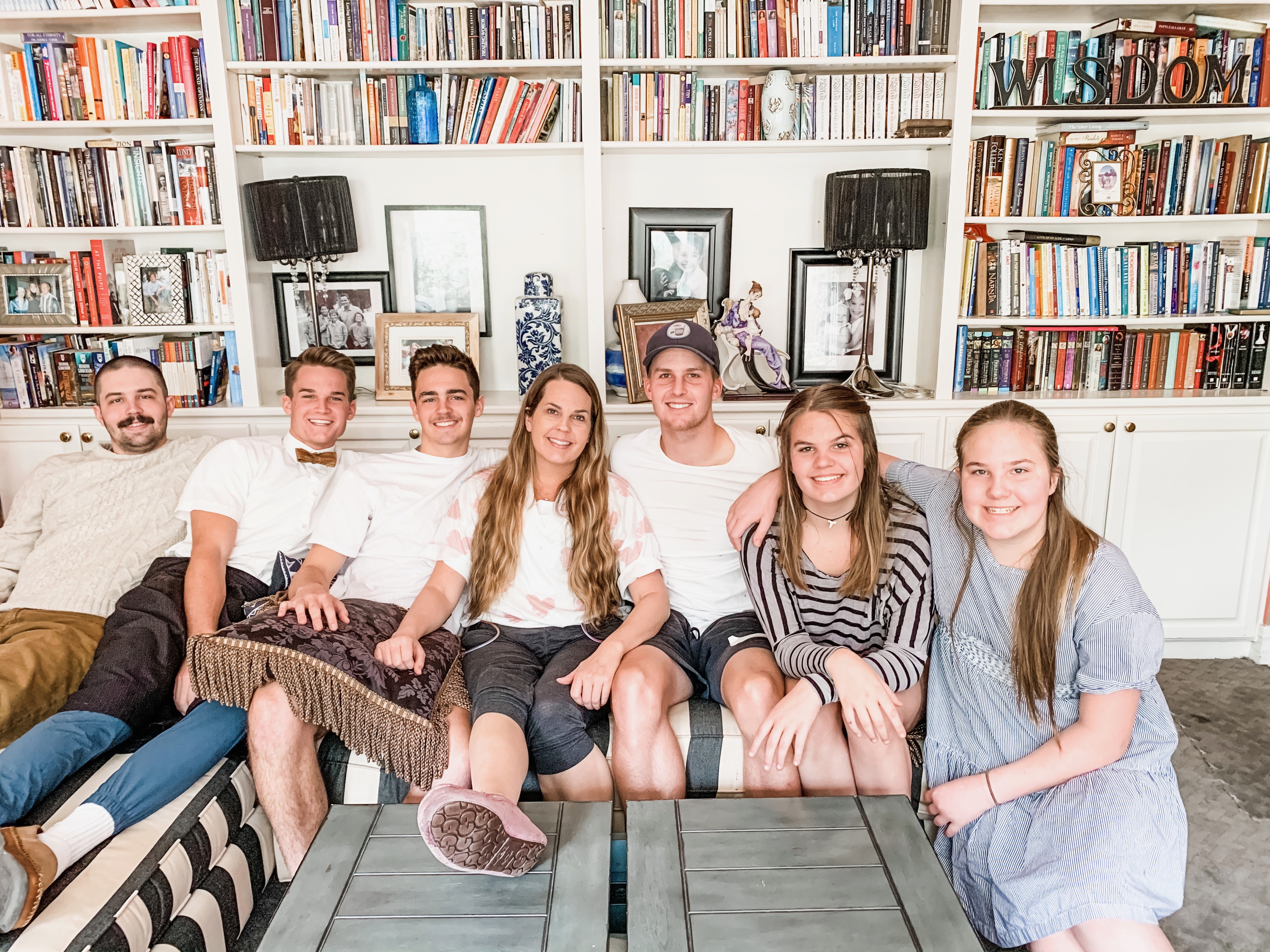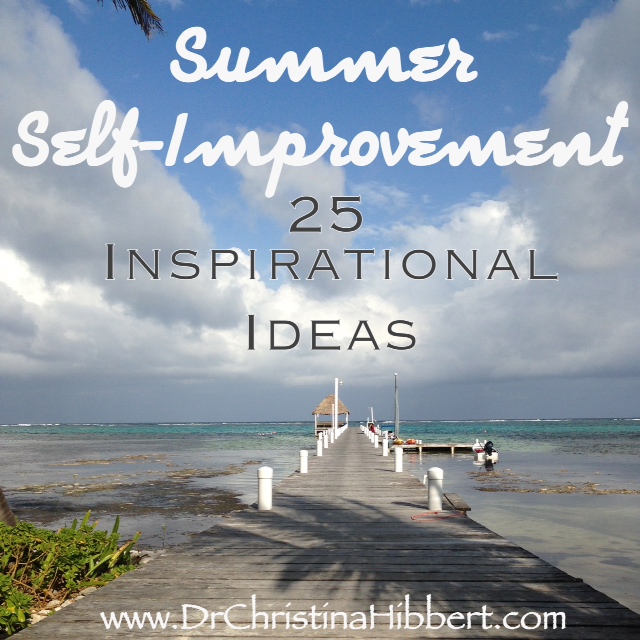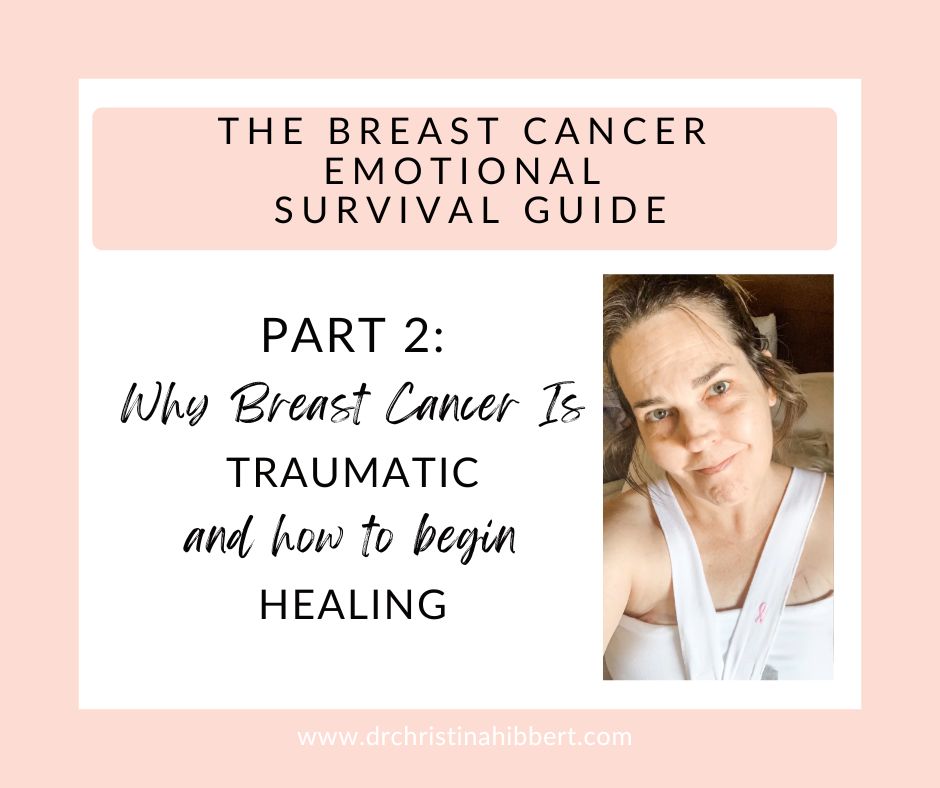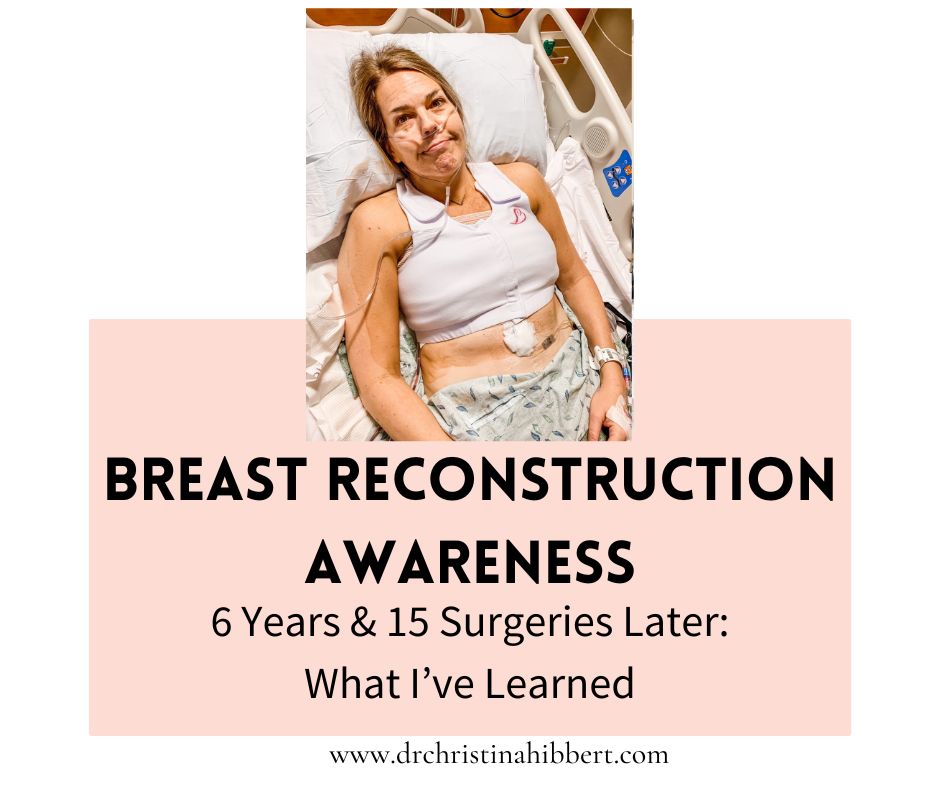I knew I’d have some feelings about sending my youngest daughter off to college. I knew, because I’d had some very big feelings eleven years ago when I sent my oldest son away (read the article here).
I actually surprised myself by how big the feelings were, as I sobbed the entire four-hour drive home, listening to Taylor Swift sing “Never Grow Up” and Jason Mraz sing “93 Million Miles.”
I wasn’t sobbing because I thought I’d lost my son forever, or because I was heading home to an empty house. Far from it—I still had five children at home, ages 6–17! When I wrote about it on my blog back then, people commented, “Live it up! You can do whatever you want now!” I replied, “I’ve still got five kids at home. I’m far from living it up!”
I realized even then that I wasn’t sobbing for any of those reasons; I was sobbing because I knew that things were changing forever.
And change, they did.
Bringing Sydney home to meet her siblings made us feel like a complete family.
Watching Them Leave, One by One
Once one flies the nest, the others are sure to follow. And they did, one by one—our second son the next year, and then every two years, our third son leaving for a mission to Fiji (oh, how my mama heart hurt for that one!), our fourth son off to college, and our older daughter leaving to become a dolphin trainer at SeaWorld!
Then, for four years, we had only one child at home. It was strange. Quiet. We suddenly had way too much food after years of bulk shopping to feed an army of teenagers. We adjusted.
But this time is different.
The Empty Nest After Cancer
This is my youngest, and when she leaves, the nest is officially empty. I know I’m not the first mother to feel this, and I won’t be the last. But my circumstances make it heavier.
Because breast cancer came, and it stole so much from me:
Cancer became 15 surgeries, chemotherapy, and chronic illnesses—five so far. It’s felt like a continual battle for over six years. I see my oncologist the week after we drop my daughter in Utah. I’m about to get 3 MRI’s for new symptoms. I still deal with daily issues and the long shadow cancer left behind.
Cancer stole my health, my breasts, and my body as I knew it.
But more than that, it stole my identity, safety, and innocence.
It stole my career, my time, my youth.
And it stole years of motherhood I thought I still had. That one hits hard.
Mother’s Day 2020, just after my 8th surgery. A huge blessing of COVID? ALL 6 of my kids came home.
The Mom I Used to Be
My youngest, Sydney, was only 11 when I was diagnosed. She grew up with a mom constantly in surgery, sick from chemo, exhausted from recovery, fighting chronic illness.
She never knew the mom who was up before dawn every day to exercise and then read scriptures, pray, and drive the kids to seminary before high school. She’ll never know that mom, because cancer made sure that part of me didn’t survive.
I feel jipped.
There, I said it.
Survivors aren’t supposed to feel that way—we’re supposed to feel grateful just to be alive.
But gratitude doesn’t erase loss.
For me, “cancer free” doesn’t exist. With triple-negative breast cancer and the BRCA1 mutation, there is only No Evidence of Disease, one appointment and one scan at a time, forever. My oncologist, dermatologist, gastroenterologist, breast surgeon—they’re all part of my permanent rotation.
There is no going back. There is only “BC”–Before Cancer (and I’ll never be that person again), and “AD”, After Diagnosis.
Chronic Illness and Empty Nesting
On top of cancer, I live daily with chronic illness: POTS, MCAS,EDS, Chronic Idiopathic Constipation, Sjogren’s Syndrome, and more. Each makes even the basics—standing, bathing, thinking, working, even pooping—a challenge.
That’s part of why this empty nest hurts so much.
Cancer and illness jipped me of the chance to fully mother my kids while they were still kids. I couldn’t move my 4th son into his dorm when he left, because I’d just had a double mastectomy. I wasn’t there for my daughters the way I wanted to be as they finished junior high and high school.
Now, as I face an empty house, I also face the reality that I’m not living the life I once imagined for this season.
I thought I’d be traveling with my husband, building my career, enjoying freedom.
Instead, I’m still not seeing clients as a psychologist, I struggle to be upright, have to use wheelchairs in airports, rest more days than not, and spend more time recovering from anything I do than actually doing.
Dropping Sydney at her dorm.
Coping, Creating, and Trying Again
Still, I’m trying.
I supervise a therapist working toward her license. I co-lead a church addiction recovery program with my husband every Tuesday evening (anyone is welcome, and it’s online, too!). I’m writing again, finishing my fourth book: Reluctant Warrior: A Breast Cancer Memoir & Emotional Survival Guide. Writing is one thing I can do from bed on flare days and at 2:41 a.m. when I can’t sleep.
So yes, my daughter is in her dorm now. She’s happy, and I couldn’t be happier for her!
AND…I bawled for over an hour on the drive from Flagstaff, AZ to Provo, UT–before we even dropped her off! I bawled into my pillow, trying to be as quiet as possible.
But my daughter texted me asking, “What’s wrong?”
“I’m just sad,” I told her. “I’m excited for you. And I’m sad. I’ll miss you. And I’m going home to an empty house, and it’s just a lot of loss and grief.”
My husband told her, “Mom’s just feeling it all right now. It’s okay for us to let her be sad.” I appreciated that.
My daughter let me cry, even singing to her favorite songs as I sobbed into my pillow.
And she took a couple videos of me for posterity’s sake (and for our family group chat, where the other kids got a good laugh but also understood).
But when one of my favorite songs–The Indigo Girls’ “Power of Two”–came on, I couldn’t hold it in anymore as they sang, “And if we ever leave a legacy it’s that we loved each other well.” We have. We still will. And the sobs became audible…
AND I pulled out my journal and began to write out how I was feeling. It helped.
I eventually stopped, and I even sang along with Sydney, and we all enjoyed our trip.
And…I’ll probably bawl when I get home to our too-quiet house.
It’s bittersweet…
I still feel jipped, and I’m giving myself permission to say so, and to feel it.
But I’m also reminding myself: this is a transition. It will take time. It will take therapy (I’ve started my own again). It will take letting myself feel all the feelings.
The empty nest is always bittersweet.
But the empty nest after cancer, after chronic illness, after years of loss and change and trauma—it’s a grief and a reckoning of its own.
Still, I believe there is hope. I’ve felt that hope even as we’ve settled Sydney into her dorm, even as I’ve imagined what it will be like once I’m home again (tomorrow!).
I feel hopeful that maybe breast cancer really can and will be “no evidence of disease”–for months or even years to come.
I feel hopeful that maybe I’ll keep finding ways to feel better and better even living with my chronic illnesses, and that maybe I CAN do some of the things I’d always envisioned for me at this point in my life, again…someday.
I feel hopeful that I have space for rediscovery. For finding out “Who am I now?” again. Space to write, to heal, and to grow.
Because if cancer taught me anything, it’s that I always get back up. I always stand and fight and try again. I always seek learning through my trials and change. And I always, always, choose to grow.

